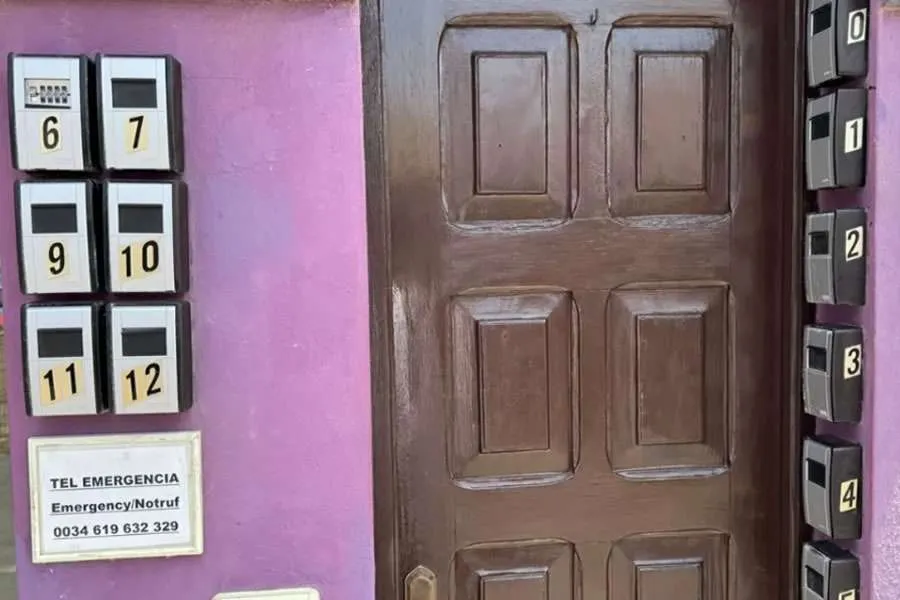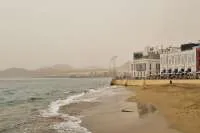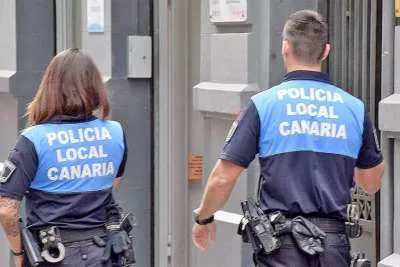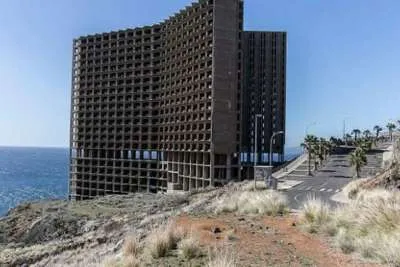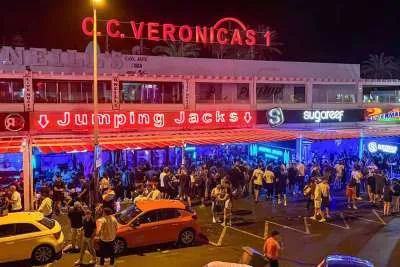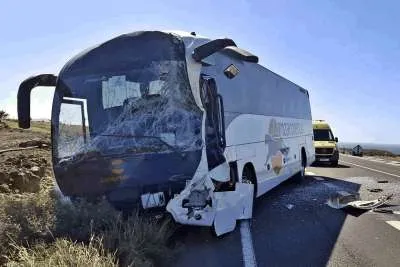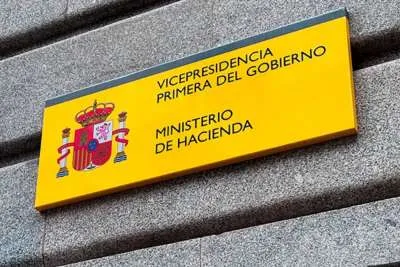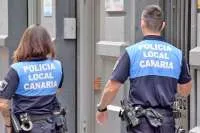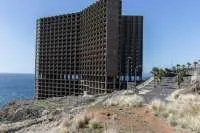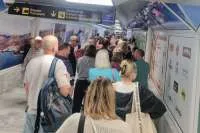Illegal Holiday Lets removed from online platforms as crackdown begins in the Canary Islands
- 29-09-2025
- National
- Canarian Weekly
- Photo Credit: AH
The era of unregistered holiday rentals in the Canary Islands is coming to an end. Since 1st July, major booking platforms such as Airbnb and Booking.com have begun removing listings that do not display the mandatory registration number, a move that is having a major impact on the archipelago, the fourth region of Spain with the highest number of tourist properties.
According to the National Statistics Institute (INE), the Canary Islands currently have 50,686 registered holiday homes, placing them behind only Andalusia, Valencia, and Catalonia. Thousands of other properties have applied for the new registration number, introduced in January, but many have failed to obtain it due to not meeting legal requirements.
The Spanish Government estimates there are still around 54,000 illegal tourist apartments advertised nationwide and has made it clear that its goal is to return these homes to the long-term rental market. The measure comes against a backdrop of rising housing costs and mounting difficulties for anyone trying to find affordable accommodation.
Tighter controls and cooperation
Housing Minister, Isabel Rodríguez, has welcomed the cooperation of platforms, confirming that “adverts are being removed effectively.” Airbnb has insisted that the registration rule has had “no significant impact” on its business and noted that it has added 70,000 new registered listings since January. The company also stated that fewer than 10% of rejected codes remain active and that it aims to remove them entirely.
Booking.com has also emphasised its commitment to working with authorities “to promote clear regulation and combat illegal rentals.”
Impact in the Canary Islands
Tourist hotspots such as Adeje in the south of Tenerife are among the municipalities most affected, with 765 registrations revoked since the start of the enforcement process, one of the highest figures in Spain.
This has sparked concern within the holiday rental sector, which fears a sharp reduction in available accommodation just as the winter tourist season approaches.
The Spanish Federation of Holiday Rentals (Fevitur) has argued that having a licence revoked “does not necessarily mean illegal activity is taking place,” and has accused the government of “criminalising” thousands of families and small businesses without giving them full legal guarantees.
Legal backing and national impact
The move has already been upheld by Spanish courts. The High Court of Justice in Madrid has twice ruled in favour of requiring platforms like Airbnb to remove unlicensed listings. In the capital alone, Airbnb was forced to take down 34,728 properties at the end of 2024.
The central government maintains that the crackdown will not only improve transparency in the tourist accommodation sector but also help ease pressure on the long-term rental market, opening up more affordable housing options for residents.
Other articles that may interest you...
Trending
Most Read Articles
Featured Videos
TributoFest: Michael Buble promo 14.02.2026
- 30-01-2026
TEAs 2025 Highlights
- 17-11-2025


